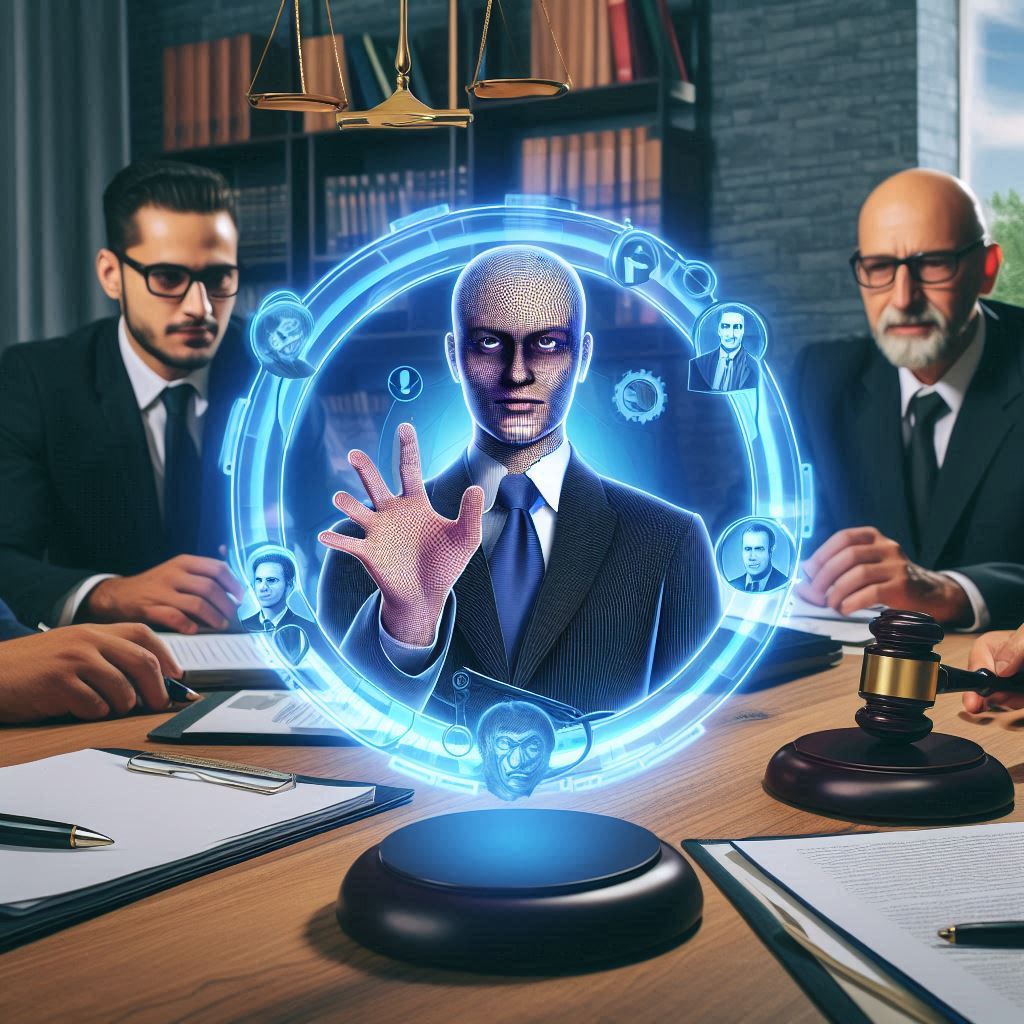Forensic science plays a crucial role in criminal investigations, bridging the gap between law and science to ensure justice is served. Forensic science lawyers in Chandigarh specialize in cases where scientific evidence is integral to proving guilt or innocence. With the increasing reliance on forensic evidence in criminal trials, the demand for legal professionals with expertise in forensic science has grown significantly.
In Chandigarh, forensic evidence is used extensively in criminal cases, from DNA analysis and fingerprint identification to ballistic examinations and cyber forensics. Advocates in Chandigarh handling such cases must have a deep understanding of forensic science and its legal implications. This article explores the role of forensic science in the Indian legal system, relevant laws, and how forensic lawyers contribute to the justice system.
Understanding Forensic Science in the Indian Legal System
Forensic science is an interdisciplinary field that applies scientific principles to legal cases, particularly criminal law. Punjab and Haryana High Court lawyers frequently deal with forensic evidence, as it plays a pivotal role in proving criminal liability.
Forensic investigations help in:
- Crime scene analysis
- Fingerprint and handwriting examination
- DNA profiling
- Ballistics and weapon analysis
- Toxicology reports
- Cyber forensic analysis
The Bharatiya Sakshya Adhiniyam 2023, and the Bharatiya Nagarik Suraksha Sanhita 2023, provide the legal framework for the admissibility of forensic evidence in Indian courts.
Key Laws Governing Forensic Evidence in India
Several laws and legal provisions regulate the use of forensic science in criminal investigations:
Bharatiya Sakshya Adhiniyam 2023
The Bharatiya Sakshya Adhiniyam 2023, plays a crucial role in determining the admissibility of forensic evidence. The following sections are relevant:
- Section 45: Recognizes expert opinions, including forensic experts, in criminal trials.
- Section 46: Allows courts to consider facts inconsistent with expert opinions.
- Section 51: Examines the credibility of expert testimony in legal proceedings.
Bharatiya Nagarik Suraksha Sanhita 2023
The BNSS 2023, governs how forensic evidence is used in criminal investigations and trials:
- Section 51: Authorizes medical examination of an accused by a registered medical practitioner.
- Section 53: Allows an accused person to request a medical examination to prove their innocence.
- Section 184: Details the medical examination process in rape cases, including forensic evidence collection.
Bharatiya Nyaya Sanhita 2023
Certain sections of the BNS, are directly linked to forensic investigations:
- Section 103(1): Deals with murder cases where forensic evidence (such as DNA or weapon analysis) plays a key role.
- Section 80: Forensic toxicology is used in cases of dowry deaths.
- Section 64: DNA evidence is crucial in rape cases for identifying the perpetrator.
Role of Forensic Science Lawyers in Chandigarh
Forensic science lawyers in Chandigarh play a pivotal role in criminal trials by interpreting forensic reports and challenging evidence in court. These lawyers work closely with forensic experts, medical examiners, and investigators to ensure the accuracy and reliability of forensic findings.
How Forensic Advocates Assist in Criminal Cases
- Analyzing Forensic Reports
- Reviewing DNA evidence, ballistics reports, and forensic pathology reports.
- Identifying errors in forensic procedures.
- Challenging Forensic Evidence in Court
- Questioning the credibility of forensic experts.
- Highlighting improper evidence collection methods.
- Cross-Examining Expert Witnesses
- Evaluating inconsistencies in expert testimonies.
- Presenting counter-evidence to discredit unreliable forensic findings.
- Ensuring Admissibility of Evidence
- Ensuring that evidence collection follows legal protocols.
- Filing petitions to exclude inadmissible forensic evidence.
Common Types of Forensic Evidence in Criminal Cases
DNA and Biological Evidence
DNA evidence plays a significant role in proving identity in criminal cases handled by the best criminal advocates in Chandigarh. It is used in:
- Sexual assault cases (Section 64 BNS)
- Paternity disputes
- Murder investigations
Ballistics and Firearm Analysis
Forensic ballistics helps determine:
- The type of firearm used in a crime.
- Bullet trajectory and gunpowder residue.
Punjab and Haryana High Court advocates often rely on ballistic reports to establish links between suspects and crime scenes.
Cyber Forensics
With the rise in cybercrimes, forensic lawyers must understand:
- Digital footprints and electronic evidence.
- Cyber laws under the Information Technology Act, 2000.
Challenges Faced by Forensic Science Lawyers in Chandigarh
Despite the growing reliance on forensic evidence, several challenges persist:
Lack of Awareness and Training
Many criminal defense lawyers lack the technical knowledge required to challenge forensic reports effectively.
Manipulation of Evidence
Tampering with forensic evidence remains a concern in many criminal trials.
Delays in Forensic Reports
Overburdened forensic laboratories often result in delayed justice.
Judicial Acceptance of Forensic Science
While forensic evidence is widely accepted, its interpretation varies from case to case.
The Future of Forensic Science in Indian Law
The role of forensic science in Indian courts is expected to grow, with advancements in technology leading to more accurate and efficient investigations. The establishment of forensic laboratories in Chandigarh and the integration of AI in forensic analysis are promising developments.
Proposed legal reforms, such as making DNA testing mandatory in sexual assault cases, will further enhance the credibility of forensic evidence in trials.
As Chandigarh’s top advocates continue to integrate forensic science into their practice, the future of criminal litigation in India will see a greater emphasis on scientific proof rather than mere eyewitness testimony.
Forensic science has become an integral part of modern criminal litigation, offering scientific methods to establish facts beyond reasonable doubt. Forensic advocates in Chandigarh play a crucial role in ensuring that forensic evidence is used accurately and ethically in courts. By staying updated on forensic advancements and legal precedents, these lawyers contribute significantly to upholding justice in the Indian legal system.
Frequently Asked Questions (FAQs)
Q1: What is the role of a forensic science lawyer in criminal cases?
A forensic science lawyer interprets forensic evidence, challenges its admissibility, and cross-examines forensic experts to ensure fair trials.
Q2: Is forensic evidence admissible in Indian courts?
Yes, forensic evidence is admissible under the Bharatiya Sakshya Adhiniyam 2023, provided it follows proper collection and analysis protocols.
Q3: Can forensic evidence be challenged in court?
Yes, forensic evidence can be challenged if it is collected improperly, analyzed incorrectly, or lacks credibility.
Q4: How long does it take to obtain forensic reports in India?
It varies, but delays are common due to the backlog in forensic laboratories.
Q5: Which forensic evidence is most commonly used in Indian criminal trials?
DNA analysis, fingerprint identification, and ballistics reports are among the most commonly used forensic evidence in criminal cases.



